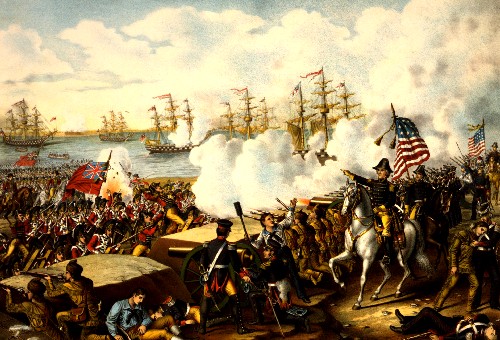Protest Songs
[kml_flashembed movie="http://www.youtube.com/v/L5pgrKSwFJE" width="425" height="350" wmode="transparent" /]
[kml_flashembed movie="http://www.youtube.com/v/M5mjN32G1iI" width="425" height="350" wmode="transparent" /]
I ain’t marching anymore by Phil Ochs stirred the blood when Phil Ochs performed it at anti-Vietnam War and Civil Rights rallies. His song is from the point of view of a soldier as he is called on to fight through America’s history, culminating in the atomic bomb attack on Japan. It became a signature song for Ochs and was at its most powerful at the infamous Chicago Democratic National Convention in 1968 when members of the crowd burnt their draft cards during his performance. Green Day’s American Idiot was released on September 2004, it criticizes the current American foreign policy and the ex president Bush. As we can see that from the old days to now, protest songs are covering even a wider aspects. In the 1960s most of the protest songs were about anti war or human rights, however now, artists more write songs to protest the mess media and politics.





